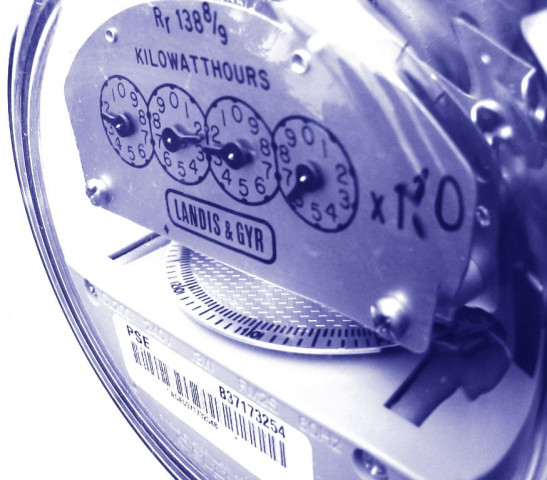Price adjustment: ICCI demands 20% cut in power tariff
Says govt not passing full benefit of slump in oil prices to people

The chamber on Saturday claimed that the government was planning to withhold Rs0.60 per unit out of Rs 2.97 per unit reduction in electricity tariffs approved by NEPRA for the consumers of 9 distribution companies.
ICCI President Muzammil Hussain Sbari said that NEPRA on Friday approved Rs 2.97 per unit decrease in power tariff under the automatic monthly fuel price adjustment for the month of November while the consumers were to get a relief of another 49 paise per unit (a total of Rs3.46 per unit) on account of proportionate decline in GST. “But the government’s move to deduct Rs0.60 per unit from Rs2.97 per unit for debt servicing of power sector has effectively deprived the consumers of a relief of about 70 paise per unit, which is a great injustice to them,” said a press release issued Saturday.
Sabri said it was not a wise move to divert a relief in fuel prices to debt servicing because fuel price adjustment was not a cost of service, rather it was a direct pass through cost of fuel.
He said whenever oil prices in the world market went up, government lost no time in passing on its whole impact to the consumers by raising electricity tariffs, but now when the oil prices have tumbled more than 45 per cent, the government was hesitant to pass on its full benefit to the people.
He said the existing power tariff in Pakistan was around Rs14 while with the addition of 17 per cent GST and 3.5 per cent excise duty, it goes up to Rs16.95, which was highest in the region. “In India and Bangladesh, the tariff for the same unit was reportedly Rs7.36 and Rs5.47 respectively, while in the US, it was equal to Rs8.59.” Sabri wondered how Pakistani exporters could compete with regional competitors with disadvantage in power tariffs.
“40 per cent energy in Pakistan is generated through furnace oil and after more than 45 per cent fall in international oil prices, the business community was expecting the proportionate reduction in power tariffs. The government should make due cut in electricity prices,” the stamen read.
The president said the pro-furnace oil policy for power generation has pushed up manifold the cost of doing business apart from putting heavy burden on the common man and called upon the government to look for cheaper alternative sources of energy, which would create multiple benefits to the economy as it would bring down production cost, facilitate growth of businesses, attract more investment, promote exports and reduce inflation bringing more relief to the general public.
Published in The Express Tribune, December 21st, 2014.



















COMMENTS
Comments are moderated and generally will be posted if they are on-topic and not abusive.
For more information, please see our Comments FAQ